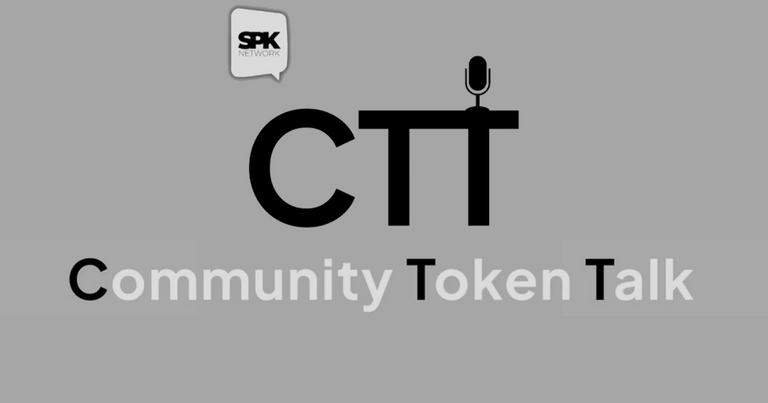Community Token Talk - The Cutting Edge of Web 3 - Ep. 54

With Andrey Voronkov from TILATA
Twitter Space Recording:
https://twitter.com/3speakonline/status/1614334262978793476
TILATA - DeSoc platform
Community Token Talk - The Cutting Edge of Web 3 - Ep. 53.
0
0
0.000
https://twitter.com/1533652315152044033/status/1614459978575757314
https://twitter.com/905866971157217280/status/1614462780526194688
https://twitter.com/1162783494910595072/status/1614469783025508354
https://twitter.com/1415155663131402240/status/1614562618542542849
https://twitter.com/2372720098/status/1614718115690020864
The rewards earned on this comment will go directly to the people( @mcoinz79, @threespeak, @rzc24-nftbbg, @claudio83 ) sharing the post on Twitter as long as they are registered with @poshtoken. Sign up at https://hiveposh.com.
Great interview! I'm super happy you discussed network states, waiting for further colab! I still wonder if Hive is actually a network state or a platform for network states to grow on? Maybe both?
For me there is no question that Hive is not a platform, it is a protocol upon which other network states and communities can be built
Congratulations @cttpodcast! You have completed the following achievement on the Hive blockchain And have been rewarded with New badge(s)
Your next target is to reach 4000 upvotes.
You can view your badges on your board and compare yourself to others in the Ranking
If you no longer want to receive notifications, reply to this comment with the word
STOPCheck out our last posts:
Support the HiveBuzz project. Vote for our proposal!
Muy buena información ℹ gracias
Here is a detailed summary article about the key topics discussed in the Community Token Talk Podcast episode:
Exploring the Rise of Network States
In this episode of the Community Token Talk Podcast, hosts TheyCallMeDan and Starkerz welcomed special guest Andre from Tilata Blockchain to discuss the growing interest in "network states" - decentralized, blockchain-based communities that aim to provide an alternative to traditional nation-states.
The Need for Network States
Andre explained that the rise of network states is being driven by several factors:
Dissatisfaction with Traditional States: In many parts of the world, people are increasingly unhappy with their traditional nation-states and are looking for alternatives.
Regulatory Pressure on Crypto: The crypto industry faces growing regulatory pressure, leading some projects to embrace compliance while others seek ways to avoid it. Network states offer a potential solution for those who want to operate outside the traditional regulatory framework.
Desire for Personal Sovereignty: There is a growing desire among crypto users and smaller projects to have their own private, decentralized currencies and communities, rather than being subject to the rules and oversight of larger, centralized entities.
Key Features of Network States
The hosts and Andre discussed several key features that distinguish network states from traditional states:
Decentralized Reputation Systems: Network states can develop their own reputation systems that align with the values and priorities of their specific communities, rather than adhering to a one-size-fits-all approach.
Decentralized Insurance: Rather than relying on traditional tax-funded public services, network states may utilize decentralized insurance models where members pay for the services they need.
Censorship-Resistant Communication: A core aspect of network states is the ability to communicate freely and securely, even in the face of potential attacks or attempts at censorship.
Hive as a Model for Network States
The hosts highlighted Hive, a blockchain-based social media platform they are involved with, as an example of a network state-like system that has been operating for over 7 years. Hive has developed robust mechanisms for user identification, content moderation, and decentralized governance that could serve as a model for other network state initiatives.
Challenges and Considerations
The discussion also touched on some of the challenges and considerations around building successful network states:
The hosts and guests agreed that further research, collaboration, and practical experimentation will be essential as the network state concept continues to evolve and gain traction.
Notice: This is an AI-generated summary based on a transcript of the video. The summarization of the videos in this channel was requested/approved by the channel owner.